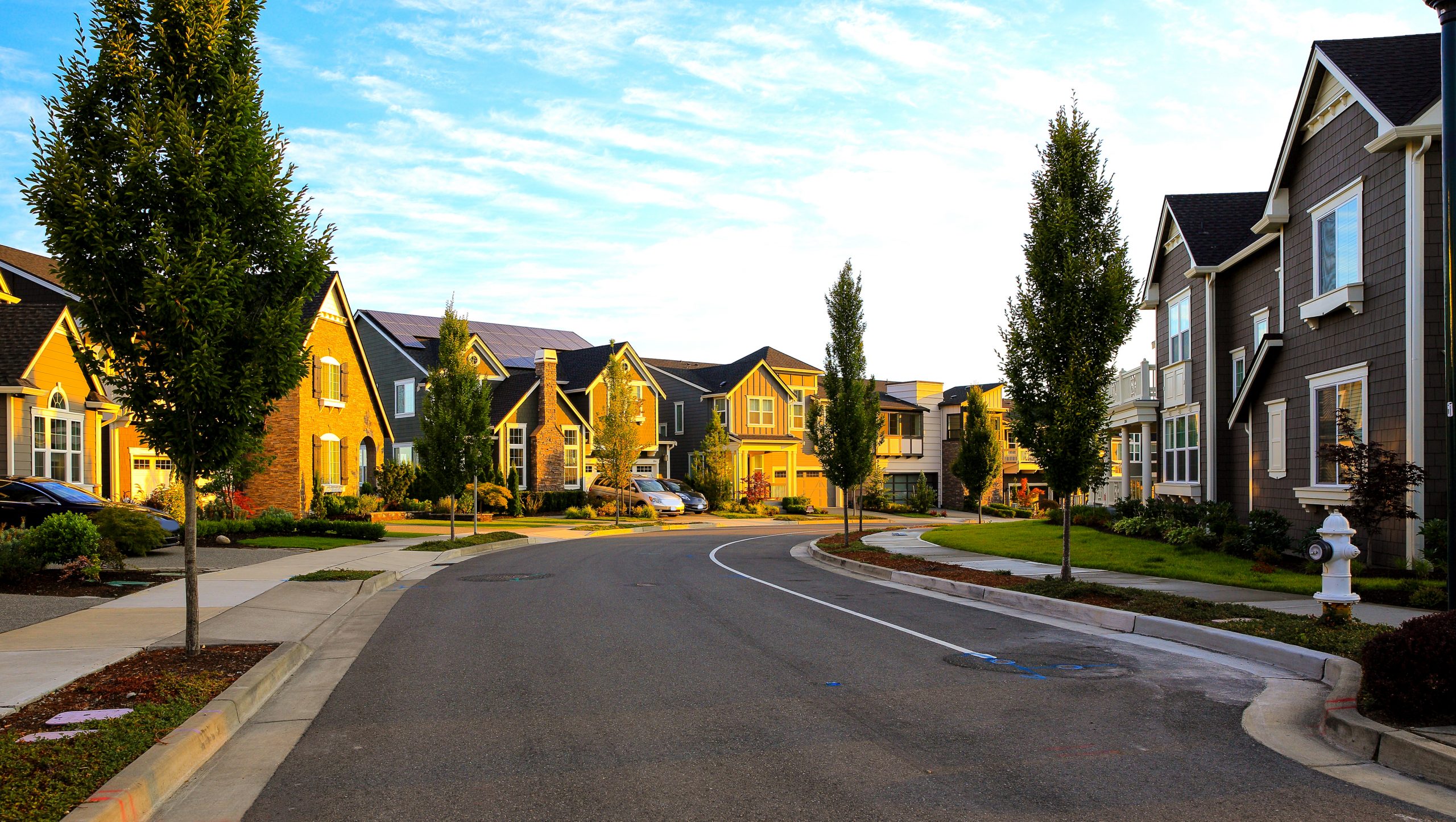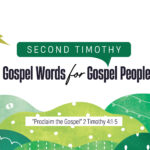by Pastor Justin Waples
The book The Art of Neighboring grew out of the experience of a group of pastors in the Denver area who were told by the city’s leadership that the deepest need the people of Denver had was to have folks be better neighbors.
The pastors were humbled and challenged by politicians basically saying that the churches of the area would bring the greatest blessing if they simply did what Jesus told them to do. Love your neighbors!
When Jesus was asked to sum up everything into one command, He said to love God with everything we have and to love our neighbors as ourselves. Often we turn this simple idea of loving our neighbors into a nice saying, putting it on bumper stickers and refrigerator magnets, and then going on with our lives without actually putting it into practice.
What would happen if every follower of Jesus took the Great Commandment literally? Is it possible that the solution to our society’s biggest issues has been right under our noses for the past two thousand years? Read these words from the books of Matthew and Galatians:
Matthew 22:34-40 says, “But when the Pharisees heard that he had silenced the Sadducees, they gathered together. And one of them, a lawyer, asked him a question to test him. “Teacher, which is the great commandment in the Law?” And he said to him, “You shall love the Lord your God with all your heart and with all your soul and with all your mind. This is the great and first commandment. And a second is like it: You shall love your neighbor as yourself. On these two commandments depend all the Law and the Prophets.””
Galatians 5:13-15 says, “For you were called to freedom, brothers. Only do not use your freedom as an opportunity for the flesh, but through love serve one another. For the whole law is fulfilled in one word: “You shall love your neighbor as yourself.” But if you bite and devour one another, watch out that you are not consumed by one another.”
Jesus was once asked what the most important commandment was. This sounds to us like a Bible trivia question and in fact the folks that asked Jesus were trying to stump him. But the question in Jesus’ time and place was essentially the same as folks asking today ‘what is it all about.’ We might make the connection ourselves between God’s most essential instruction and the reason we are alive. Jesus does. And when asked what the most important thing was, Jesus said we are to love God with all our heart, soul, and mind and to love our neighbors as ourselves. Loving God and loving our neighbor—that is what Jesus says we are to do above anything else.
The first thing that strikes me about this is that Jesus offers two positives as the most important commandments. We are tempted to focus on all the things the commandments tell us not to do—but at the core of these instructions is an invitation to action not a restriction. Too often we become Pharisees and believe the lie that God loves us most and best when we are avoiding ‘bad things.’ When we do this we miss out on the truth that God’s instruction is not oppression but an offer of guidance to an abundant life.
So if the commandments where given for our good and joy, what shall we make of the ‘most important’ commandment? Could it be that our greatest good and greatest joys are found in following this instruction?
Do you think Jesus was using a figure of speech?
One of my biggest pet peeves is the misuse of the term “literally.” As in when folks say, “I was so frustrated my head literally exploded.” We have found a way to say literally and mean metaphorically. This is unhelpful and confusing. Scripture is filled with poetry and metaphor as well as history and literal statements. A relevant task in Bible exposition is to determine whether a text was intended to be taken literally or metaphorically. When Jesus says the kingdom of God is like a woman who lost a coin, a father who had two sons, or an owner of a vineyard, He is trying to open our eyes to deep truths; not send us on a mission looking for a 1st century farm where a father lived with his two sons to discover who God is. This is figurative language and it is powerful and beautiful. Jesus uses it when he wants to change the way we view ourselves, God, or His mission.
The trouble is when we take a clear literal command of Jesus and turn it into a metaphor. This is exactly what has happened to the greatest commandment. “Love the Lord your God with all your heart, soul, and mind” has often been reduced to simply attending a few church services and turning the command to love our neighbors into a metaphor for charitable action. Jesus says love your neighbor and so often we quickly convert that into an invitation to go on a mission trip, sponsor a charity organization, or perform some act of mercy in the community, but then neglect the folks that live right next door. These are great things that I am confident bring joy to the heart of God. But what if Jesus means exactly what he says: after loving God, our primary calling is to love the people who live around us?
As we embark on this area of outreach, we will be challenged to take Jesus at his word. We will be invited to learn our neighbors’ names and to be intentional about loving those around where we live. Our goal as a church is for folks who live next to us and around us to be thankful they live near us. Being a blessing is who we are and that starts on the streets and country roads on which we live.
At the very beginning it needs to be clear that this is not a new program or an evangelism strategy. The best insight and line from the whole of the book is this: “We don’t love our neighbor to convert them; we love our neighbor because we are converted.” Over the next several months, we will talk about sharing our faith and the hope that is within us in a way that invites and doesn’t repel people. We will tackle the how and when of sharing our faith.
I want to encourage you to begin talking over the Questions to Ponder (see below) with your friends and family and ask God to give you the courage to be obedient to His commands. I am excited to be on this journey together as a church and with each one of you!
What wonders may God work when the people of Jesus join together to love the neighbors in their communities?
Questions to Ponder
- What factors did you consider before choosing your current residence? What makes a community a great place to live?
- In 2009, the mayor of Denver stated “The majority of issues that our community is facing would be eliminated or drastically reduced if we could just figure out a way to become a community of great neighbors.” To what extent do you think that this is true?Describe your neighborhood and the relationships that you currently have with your immediate neighbors. Do you have any invisible neighbors or neighbors whose names you don’t know?
- What would happen if every Christ follower made it a point to know and even befriend their literal neighbors?
- Is it possible to love people when we don’t know information as simple as their names?
- What if the people who actually live around us are not accidents but providential appointments?




